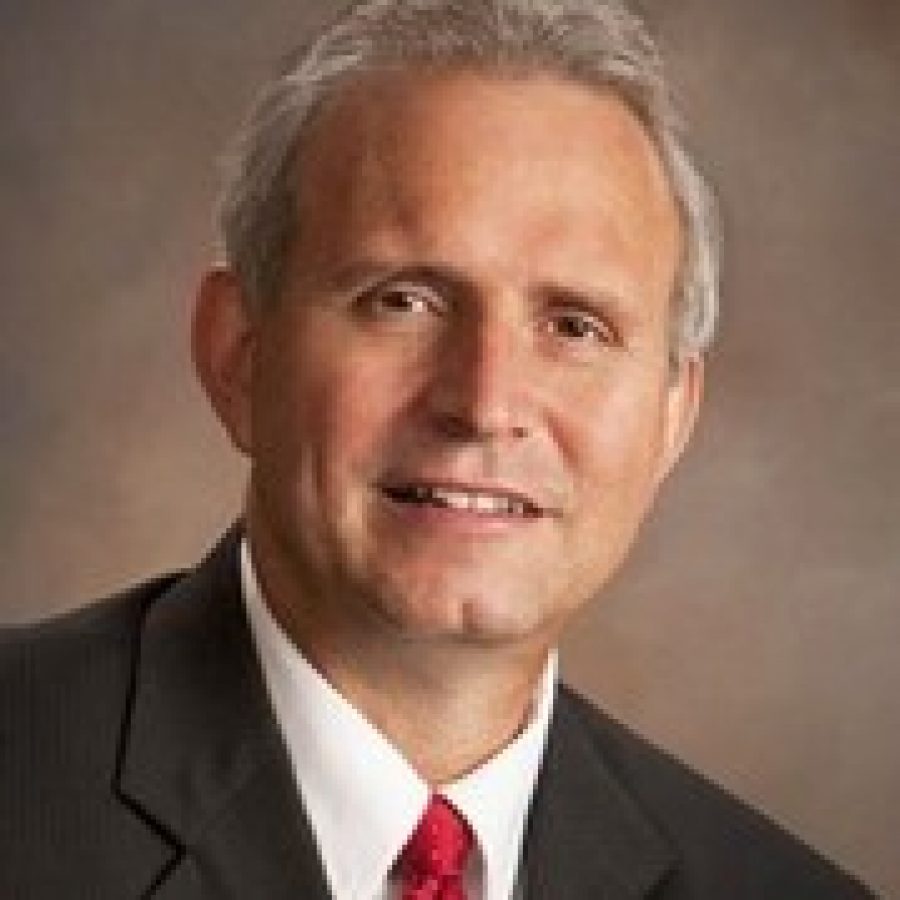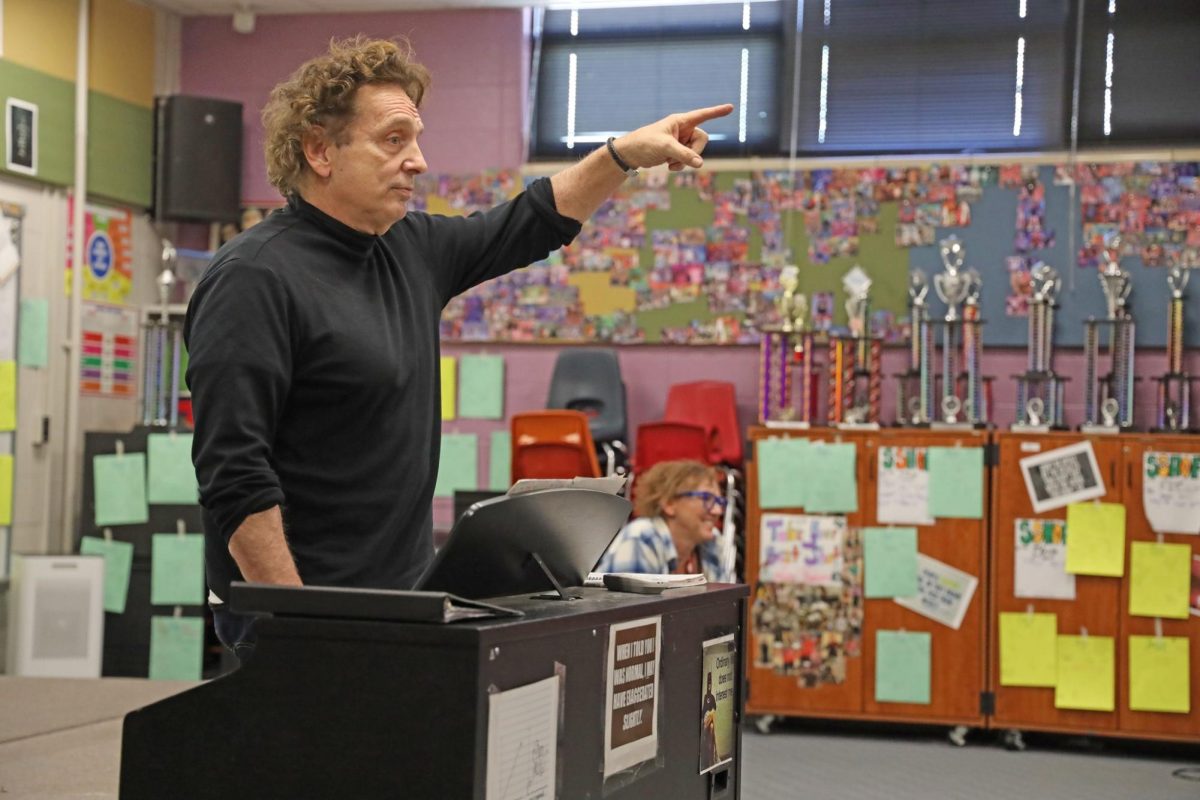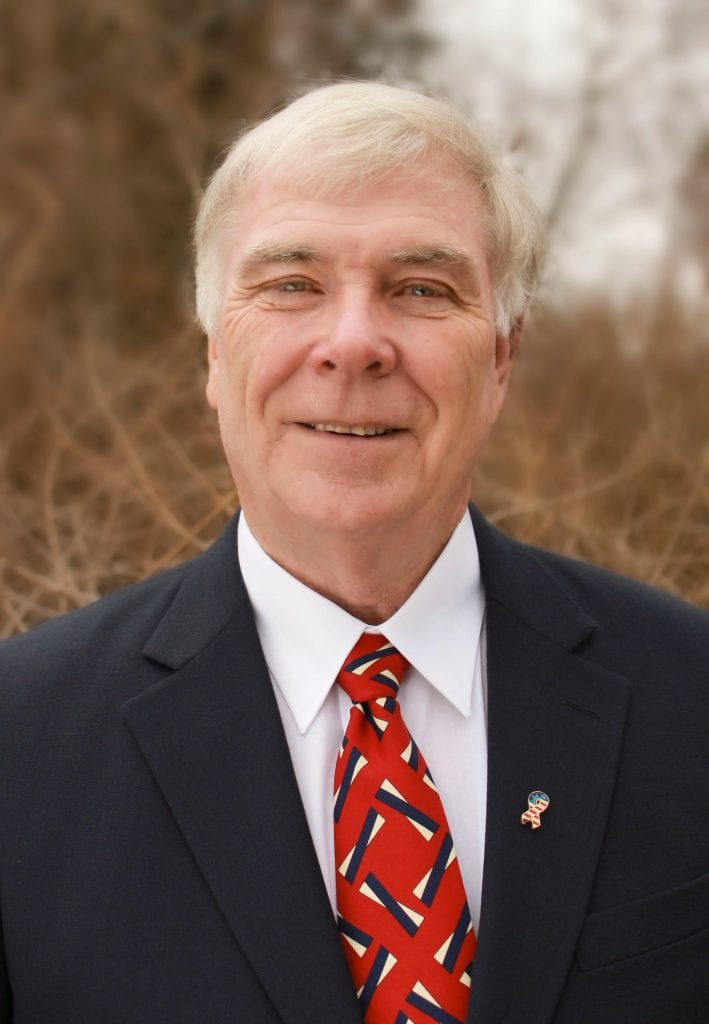Approval of a policy regulating the use of drones is scheduled to be considered by the Lindbergh Board of Education next month.
The board is set to consider the policy when it meets at 7:30 p.m. Tuesday, Sept. 13, in the boardroom at Lindbergh Early Child-hood Education, 4814 S. Lindbergh Blvd.
A first reading of the proposed policy, which is designed “to protect the safety and privacy of all students and to facilitate compliance with federal and state regulations,” was conducted by the school board earlier this month.
The proposed policy would prohibit employees, students and patrons from using drones on all district grounds, in all district facilities and at district-sponsored events while off campus, unless an individual or group flying a drone has received written permission from the superintendent.
To grant permission for the use of drones, the superintendent “should determine whether the request is an appropriate and safe utilization of drone technology on Lindbergh Schools’ property,” the proposal states.
As proposed, students and employees who violate the policy will be disciplined in accordance with applicable board policies.
“Employees may be terminated for violations,” the proposed policy states. “Visitors who violate this policy may be asked to leave or may face other consequences in accordance with district policies and procedures.”
Superintendent Jim Simpson said the proposed policy is necessitated by “the explosion of ownership of drones in our district and all across the country. There are drones in so many homes, all types of drones. Drones are a big, big topic in America today and where they can go and where they can’t, and schools are no exception.
“To let a private individual launch an aircraft into the sky above students and crowds of people is something that we’re concerned about. Drones crash. As a matter of fact, I guess all drones are somewhat destined to crash sooner or later …”
Drones can be dangerous, the superintendent said.
“When anything goes wrong with a drone, it careens out of control and crashes at a great speed into the ground,” he said. “That’s got a lot of educators across the country wondering what to do about drones on their campuses.”
The Missouri State High School Activities Association, or MSHSSA, which regulates high school athletics, has a no-drone policy at its events, Simpson noted.
“So they’ve stepped out and said there’s not going to be any drones over football games, over tennis games, over baseball games. They’re just not going to have any, and that’s for the same reason. They’re worried about the crash rate …,” he said, adding MSHSSA also has concerns about drones interfering with sporting events.
For example, Simpson asked, “Can a drone go over a football field and discern plays of the other team?”
For Lindbergh, safety is the impetus for the proposed policy.
“Many of our students have drones. For people who don’t know about drones, drones launch in seconds, come in all sizes and so a person can actually out of their book bag, pull a drone and launch it in a few seconds,” he said
The proposed policy has not been prompted by a specific incident, but is an effort by the district to be proactive, according to the superintendent.









